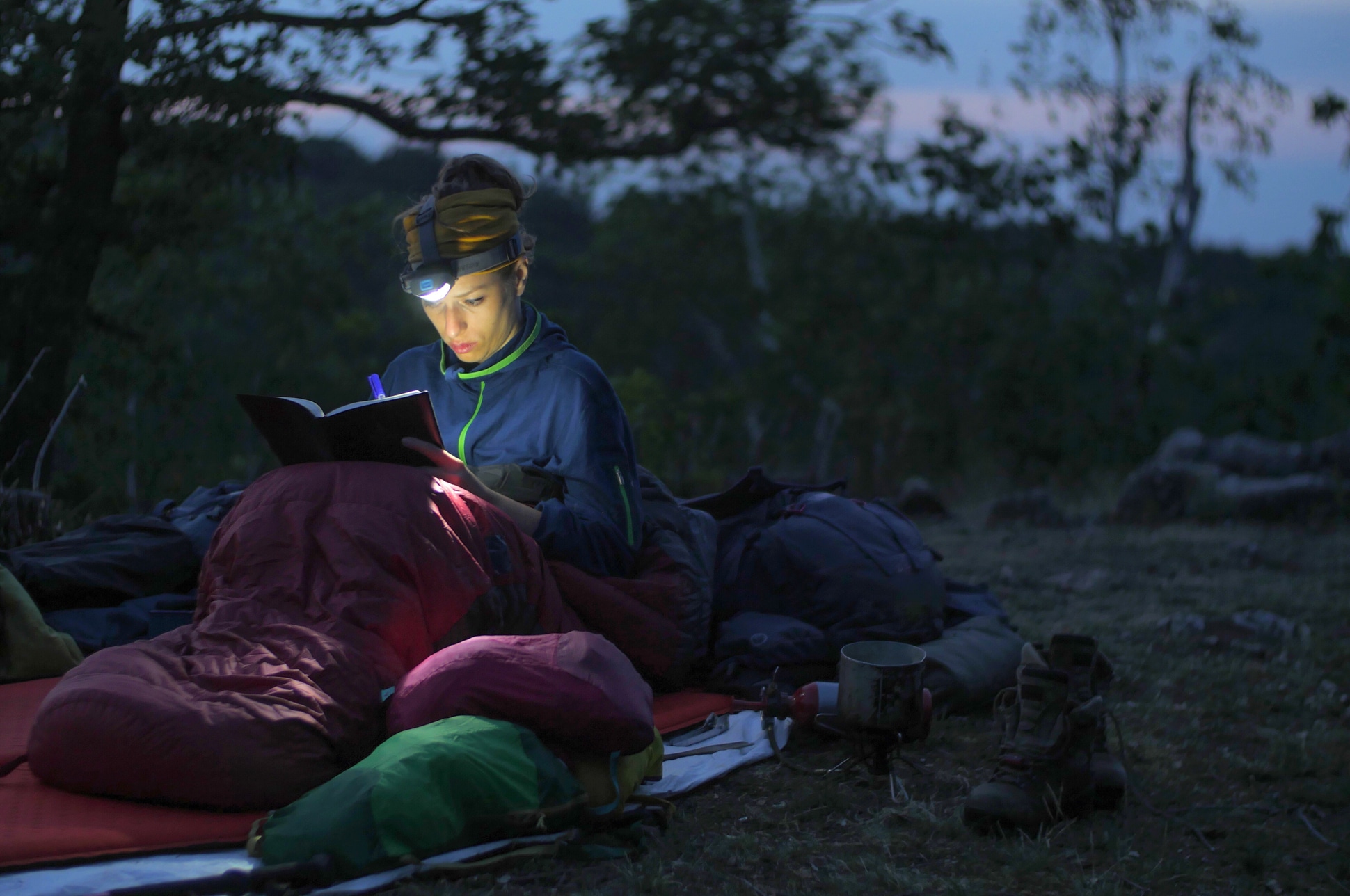Whether you are an experienced camper or a novice, you might find the appeal of nature irresistible, especially when it comes to camping in the wild. The combination of pristine landscapes, the tranquility of the outdoors, and the lure of Scotland‘s national parks and heritage sites can be a dream come true for many. However, it is crucial to remember that with this privilege comes responsibility. Camping requires respect towards wildlife, the environment, and fellow campers. This article will guide you on how to camp responsibly near UK heritage sites without causing damage, focusing mainly on access, land, and fire management.
Access and Respect to Land
When it comes to outdoor activities, understanding your access rights and responsibilities is crucial. In Scotland, the Outdoor Access Code provides helpful advice on how to respect the land you will be using. This code is the Holy Grail for every camper in Scotland, outlining where and when access rights apply, as it gives people the right to roam across most land and inland water.
Avez-vous vu cela : What are the safest ways to forage for food while camping in the UK?
However, this doesn’t mean you can camp anywhere you please. You must respect the privacy and livelihoods of those living on the land, known as landowners. This includes avoiding fields with crops or livestock, and not blocking tracks or entrance ways. As a responsible camper, always remember to leave no trace. This means you should take away all litter, don’t cause any damage to property, wildlife or habitats, and avoid causing nuisance or disturbance to others.
Best Areas to Camp
Choosing the right place to set up camp is your next consideration. While wild camping is legal in most of Scotland, it’s not allowed in some areas due to local by-laws, so it’s essential to do your research and plan your trip carefully. The national parks are a good starting point, but remember that these are also protected areas.
A voir aussi : What are the best practices for using portable generators at UK campsites?
When it comes to camping near heritage sites, it’s best to use officially designated camping areas or campsites. These sites are designed to minimise the impact on the environment and can provide facilities like toilets and fire pits. If you decide to camp in the wild, try to find a spot at least 100 meters from a road, trail, or body of water to minimise your impact.
Fire Management
Another crucial part of camping responsibly involves managing fires. Fires can cause devastating damage to the environment and wildlife, not to mention the risk of wildfires. So, it’s best to avoid open fires entirely if possible. If you do decide to have a fire, it’s important to follow the Outdoor Access Code guidelines.
The code advises to never light fires during prolonged dry periods or in forests, woods, farmland, or on peaty ground or near to buildings or cultural heritage sites. Moreover, when you do light a fire, keep it small, under control, and supervised. Fires that get out of control can cause massive damage. When you’ve finished, make sure it’s completely extinguished and remove all traces.
Respect Wildlife
The wildlife in Scotland is an integral part of the outdoor experience. However, you need to remember that the national parks are a home to many species, so it’s vital to respect them. This means watching wildlife from a safe distance, keeping noise levels low, and storing food and rubbish securely to avoid attracting animals to your campsite.
Furthermore, avoid any activities that can disturb wildlife, such as playing loud music or bringing pets without a leash. Remember, you are a guest in their home and it is your responsibility to ensure your visit does not negatively impact their habitat.
Scotland’s Heritage Sites
Scotland’s heritage sites have a special place in the heart of the nation. They tell stories of the country’s history and culture, and it’s a privilege to camp near them. However, these sites are often sensitive and can be easily damaged. Always follow any specific guidance provided on site, and do not remove any artifacts or cause any harm to the structures.
While camping, remember that these sites need to be preserved for future generations. By following the access code, respecting the land and wildlife, and managing fires correctly, you can ensure you are doing your part to protect these incredible locations.
Remember, camping is not just about enjoying the great outdoors. It’s about respecting and preserving the natural world for everyone to enjoy. So, next time you head out on a camping trip to Scotland, remember your responsibilities and make sure you leave no trace.
Be Considerate of Others
Camping isn’t just about solitude in nature, it’s also about sharing outdoor spaces with other people. Consideration for others is crucial while camping, especially near popular sites like the Lake District or Loch Lomond. This involves keeping noise to a minimum and respecting the peace and quiet of the countryside. Remember, everyone wants to enjoy the tranquility that the outdoors offer, and loud noise can disrupt that experience.
When camping, it’s important to keep your dog under close control to prevent it from disturbing wildlife or other campers. If you are wild camping, make sure you are at least 100 meters away from any other campers to give them space and privacy. Respect the access rights of others, including walkers, cyclists, and horse riders. Always give way to them on trails and paths.
Respect the landowner’s permission as well. While the Outdoor Access Code provides open access to most lands, it’s still necessary to get the landowner’s permission if you want to camp on their property. This not only shows respect for their ownership, but it also helps ensure you are camping in a safe and permitted area.
Finally, plan ahead and be prepared. Check the weather forecast before you go camping and pack suitable clothing and equipment. Remember, rescues can take time, especially in remote locations, so it’s important to ensure you can look after yourself in the event of a change in weather or an unexpected incident.
Safeguarding Our Heritage for Future Generations
Camping responsibly is more than just following all the guidelines for outdoor access, land use, and fire safety. It’s about safeguarding the beauty of our national park and heritage sites for future generations to enjoy. Cairngorms National Park, for example, is home to some of the UK’s rarest wildlife and landscapes. Your visit should leave no lasting impact, so that others can experience the same wonder and awe that you did.
When you leave your campsite, make sure it’s as you found it. Remove all traces of your stay, including fires and litter. If you see litter left by others, consider picking it up and disposing of it responsibly. The ‘leave no trace’ ethos extends to all aspects of your visit, from the moment you arrive to the moment you leave.
Remember, the countryside is a living, working environment with local communities and businesses. Show respect for those who live and work in the countryside. Adhering to the countryside code helps ensure a harmonious coexistence between visitors and residents.
Conclusion
Camping near UK heritage sites is a privilege that comes with responsibilities. It calls for respect towards everyone and everything, including fellow campers, wildlife, landowners, and the environment. By practicing responsible camping habits such as understanding the Outdoor Access Code, managing fires correctly, and being considerate of others, you can enjoy the unspoiled beauty of Scotland’s outdoors without causing harm.
Whether you are camping in the wild or on a campsite, remember that your actions have an impact. So, plan ahead, respect access rights, manage fires responsibly, and leave no trace. By doing so, you can ensure that the joy and beauty of wild camping in Scotland’s heritage sites will be preserved for future generations. After all, we are merely temporary stewards of these precious landscapes. It’s up to us to protect and preserve them for those who will come after us.











